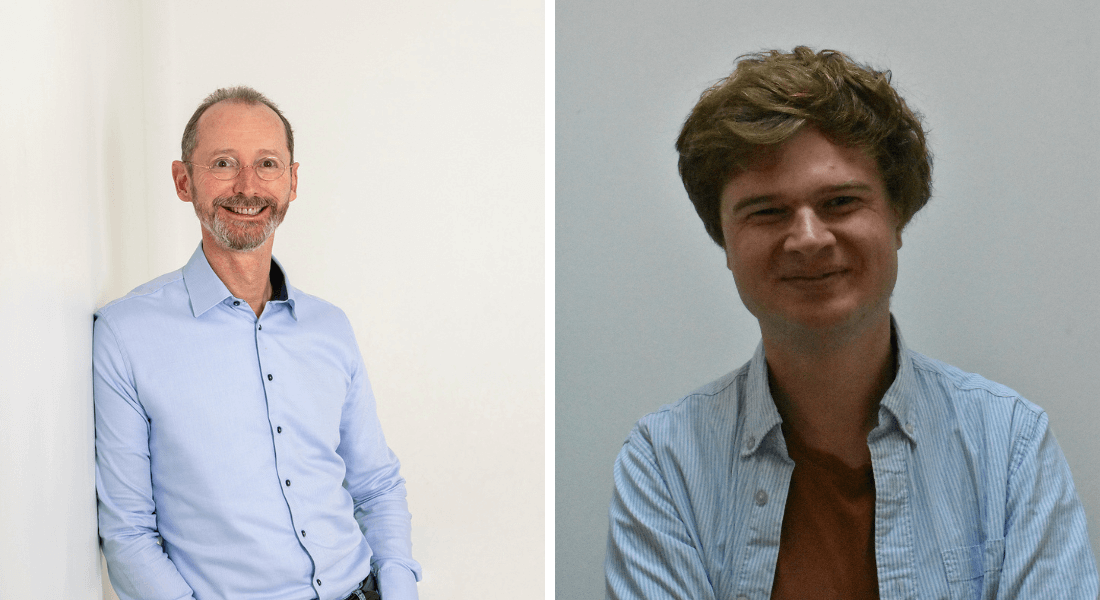FOOD enters pioneering consortium initiative aiming to produce food prototypes derived from CO₂
The Department of Food Science has joined the Acetate Consortium, funded by the Gates Foundation and the Novo Nordisk Foundation, as it enters its second phase of developing food derived from CO₂.

“As food scientists, what this project is striving for, is what we should do. We should work on solving humanity’s problems. And the Acetate Consortium does exactly that.”
That is how Professor Remko Boom describes the scope and potential impact of the Acetate Consortium initiative, which has just been renewed for another two years with funding up to DKK 162.2, split evenly between Gates Foundation and the Novo Nordisk Foundation.
The Acetate Consortium is moving into the second phase of its work, and the Department of Food Science has now become part of the initiative, represented by Professor Remko Boom and postdoc Tjalling Tjalsma, who will also be collaborating with Wageningen University throughout their work in the consortium.
The first phase has successfully proven the concept turning one of our biggest environmental challenges - CO₂ - into something we can use to produce food – replacing sugar in fermentation processed with CO2-derived acetate. Now, in phase two, the consortium will focus on optimizing and scaling the technologies and methods as well as developing and testing food prototypes.
“The project has already proven that they can take CO₂ from the air and through processes convert that into acetate. And acetate is a relatively easy nutrient for microorganisms to use and turn into proteins by fermentation for example. But there is a lot to be discovered between the fermenter and a nice and nutritious food product, and that’s where food science comes in,” explains Remko Boom.
Hunting for properties
In the Acetate Consortium’s overall aim to produce food products derived from CO₂, Remko and Tjalling will be studying how to best process the ingredients from the fermentation fluid, so that it has desirable properties for food products – which other consortium partners will be working on.
Additionally, Remko and Tjalling will be studying ways to get these desirable properties in ways that consume as little resources as possible. They explain that focus point is part of what makes the Acetate Consortium’s ambitions so special: closing the circle of the entire production sustainably. It’s not only about capturing CO₂, but also about reusing biomass and minimizing waste, while still creating food that is nutritious and enjoyable to eat.
“The more you refine an ingredient, the more energy, chemicals, and water you invest. You can end up generating a lot of waste when trying to make otherwise sustainable ingredients. So, we want to optimize the functionality and nutrition of the ingredients, while also reducing the cost and effort it takes to produce them in the first place. It’s such an important aspect of improving our food production, and it’s very exciting to work on,” says Tjalling.
The goal of the Acetate Consortium is to mitigate food insecurity and climate change as well as eliminating land-use for food production. Read more about it here.
